The Doha Round of trade talks has been deadlocked since July 2006 mainly on account of differences relating to agriculture. If the negotiations eventually succeed in establishing a fair and harmonious agricultural trading system it will have far-reaching implications for trade and economic prospects of developing countries. To understand the reasons underlying the protracted stalemate and to assess the prospect of agreement on various proposals the trading community needs to be initiated into the intricacies of the WTO rules and modalities of the negotiations. This volume provides an authoritative analysis of the provisions of the WTO Agreements and of their evolution and fills an important gap in the existing literature. The study examines the implementation experience of key members of the WTO and traces developments in the negotiations up to the recent impasse. Using India as a case study, the authors suggest ways of negotiating and strategizing for developing countries. They offer tough but realistic recommendations regarding market access, subsidies, special and differential treatment of developing countries, and other issues in negotiations. This book will interest students and researchers of agricultural economics, trade, and law. It will also be useful to policymakers, trade development agencies, and practitioners in understanding the recent history of agricultural trade talks.
WTO Negotiations on Agriculture and Developing Countries
In stock
Free & Quick Delivery Worldwide
reviews
Bibliographic information
Title
WTO Negotiations on Agriculture and Developing Countries
Author
Edition
Reprint
Publisher
Oxford University Press, 2008
ISBN
019569256X
Length
xx+294p., Tables; Figures
Subjects

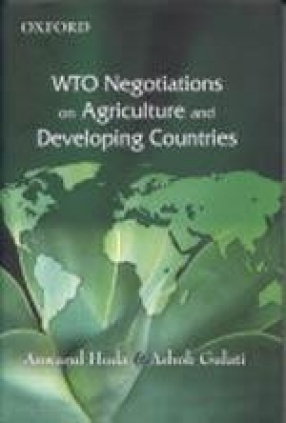
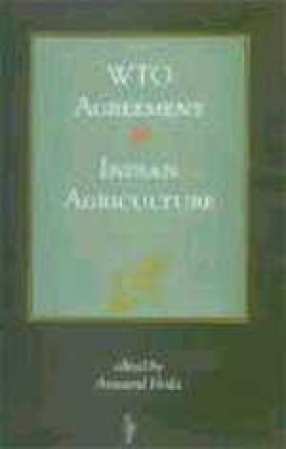
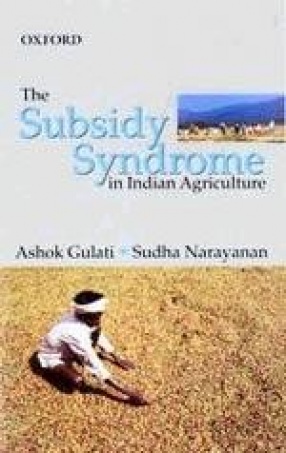
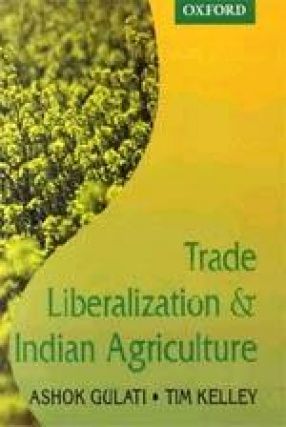
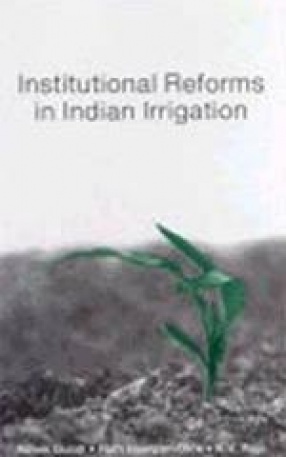


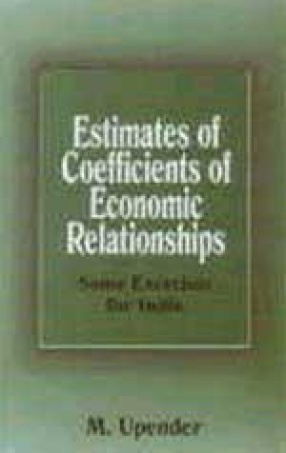
There are no reviews yet.